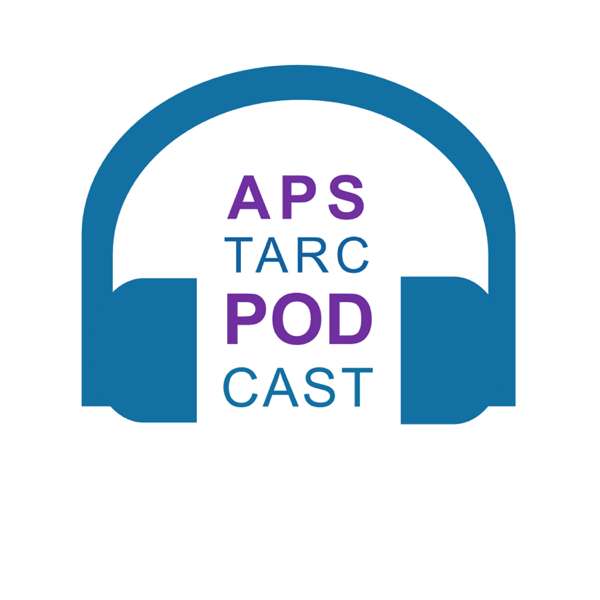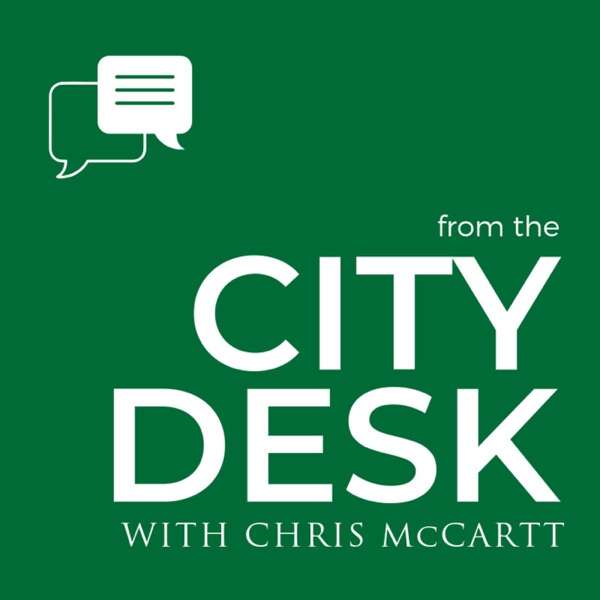Last year, law professor Richard Garnett of the Notre Dame Law school co-wrote an amicus brief concerning the constitutional issues in Hosanna-Tabor Evangelical Lutheran Church and School v. Equal Employment Opportunity Commission. The gist of that brief was published as an article called “Religious Freedom, Church-State Separation, and the Ministerial Exception.” In that paper, Garnett and his co-authors wrote: “It seems to us that because any worthwhile account of religious freedom would respect the authority of religious communities to select freely their own clergy, ministers, teachers, and doctrines, any such account must include some rule like the ministerial exception. Reasonably constructed and applied, this rule helps civil decisionmakers avoid deciding essentially religious questions. In addition, and more importantly, it protects the fundamental freedom of religious communities to educate their members and form them spiritually and morally. Although the exception may, in some cases, block lawsuits against religious institutions and communities for discrimination, it rests on the overriding and foundational premise that there are some questions the civil courts do not have the power to answer, some wrongs that a constitutional commitment to church–state separation puts beyond the law‘s corrective reach.”
In January, shortly after the Supreme Court handed down its decision, Dialogues host Ken Myers talked to Richard Garnett about his interest in the case and its consequences. Their conversation is featured in this issue of Dialogues.

 Our TOPPODCAST Picks
Our TOPPODCAST Picks  Stay Connected
Stay Connected







